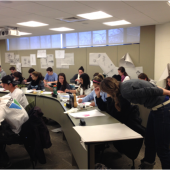
Engaging students not majoring in science, sustainability or environmental studies in learning environmental literacy and shifting their attitudes and behavior toward nature often requires a multi-perspective approach and presents unique challenges. We sought to: (1) pair artistic perspectives with botanical concepts to educate and interest our students in learning environmental literacy, (2) engage our students in careful observation and visualization of nature, and (3) increase the environmental sensitivity of our students by connecting botany with nature based art. To do this we designed a pre-class assignment, an in-class botanical art workshop, and a written reflection assignment that asked students to view, conceptualize, and create works of botanical art as a multi-perspectival process of engaging with relevant scientific processes and environmental concerns connected to botany. Here we provide a justification for the value of bridging science with art, detail our approach, describe student survey responses and thoughtful written reflections, and illustrate lessons learned and future plans.
Continue Reading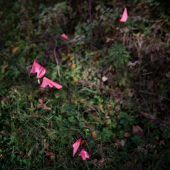
Abstract: As native Midwestern prairie and savannah landscapes continue to be destroyed, some environmentalists are working to reconstruct the prairie and savanna ecosystems that greeted European settlers a century and a half ago. This series of photographs engages those reconstructed landscapes and considers the fundamental question of what we consider natural. As many of these sites are used for educational and scientific purposes, this series also engages how the arts can contribute to our understanding of place.
Continue Reading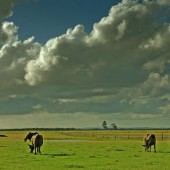
The human capacity for scientific thinking is an innate one that coexists with our ability to intuit, believe, and invent. In crafting engaging narratives that urge our readers or students to think and act rationally on behalf of our imperiled biosphere, writers who are not scientists should take care not to sustain negative stereotypes of science and scientists in their commentary, even if some of our greatest storytellers have done so.
Continue Reading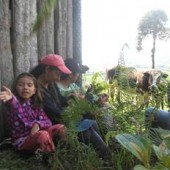
PDF: Kassam&AveryJSESpring2013 The Oikos of Rural Children[1]: A Lesson for the Adults in Experiential Education Karim-Aly S. Kassam, Department of Natural Resources & American Indian Program, College of Agriculture and Life Sciences, Cornell UniversityLeanne M. Avery, Department of Elementary Education and Reading, State University of New York College at Oneonta […]
Continue Reading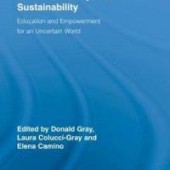
In this insightful review, John Gist gives us some perspective for thinking about science education and its potential for framing the sustainability debate. This is a brief introduction to Gray et al.’s fascinating book Science Society and Sustainability: Education and Empowerment for an Uncertain World. Gist presents the issue of uncertainty in science, in all its complexity, and finds value in the book for addressing deep understanding in a comprehensible and useful way.
Continue Reading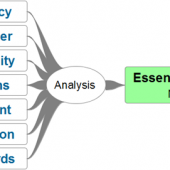
Bryan Nichols calls out to JSE readership to get involved in defining what essential ecoliteracy includes. His comprehensive, interactive methodology has worked from a literature search-and-survey analysis to create a mind-map of the domains and components of essential ecoliteracy. Readers can find out more here; then play with the mind-map online and send Nichols an online or print survey.
Continue Reading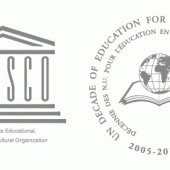
The Education for Sustainable Development (ESD) community, argues Robert Bray, is shy to confront controversy. In this quick review of three controversial issues—population control, the role of science, and limits to growth—he quickly points out how important it is to embrace controversy as a way to arrive at sound policy.
Continue Reading